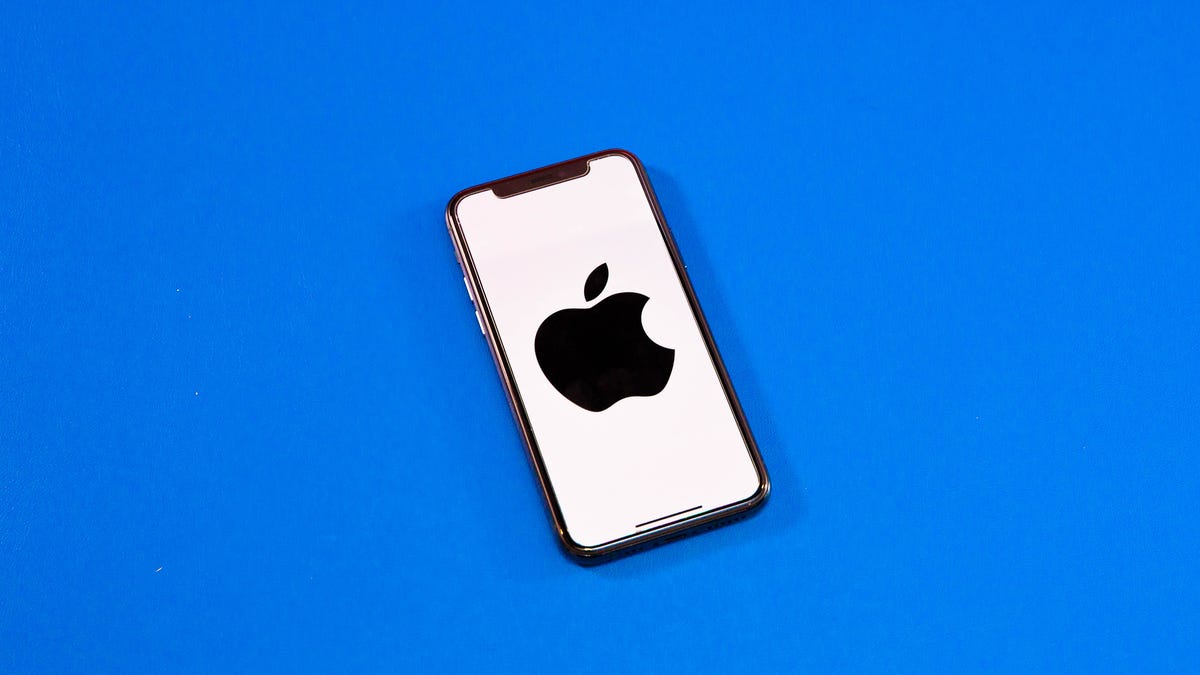Apple Rumored Struggling to Make 5G Modems, Will Rely on Qualcomm
A well-known analyst and leaker's report on Apple's efforts to build its own 5G modems sent Apple shares down and Qualcomm shares up.

Apple's been trying to build its own 5G modem technology for years.
Some Wall Street investors were surprised by a report Tuesday from well-known analyst and leaker Ming-Chi Kuo, who said Apple's efforts to build its own 5G modems for iPhones "may have failed," and so the tech giant will need to entirely rely on chips made by Qualcomm for at least the next year.
In his tweets Tuesday, Kuo said Apple had previously expected its own 5G modems to fill 80% of iPhones in the second half of 2023, potentially reducing costs and allowing the company to lower the sticker price or take a larger profit from phones it sells.
Apple investors pushed the company's shares down nearly 3% after the tweet rumors, to close at $137.44 per share. Qualcomm's stock meanwhile rose more than 3% to $131.60. Apple didn't immediately respond to a request for comment.
The rumor is the latest in a string of leaks about Apple's next-generation iPhones, which are typically released in the fall. As Apple's added more features, and as costs for transportation and parts have risen, investors and customers alike have wondered if the tech giant may raise sticker prices or accept lower profits. One way it could avoid that problem is by reducing the costs associated with manufacturing, including by building its own modem chips rather than rely on those made by other companies.
Apple's seeming struggles to make such a shift may not be surprising to people who've followed 5G development. After it settled patent disputes with Qualcomm, Apple announced it paid $1 billion to buy chipmaker Intel's 5G modem team, including 2,200 employees. If Apple is eventually able to make its own 5G chips, it wouldn't just be able to reduce costs, but it may also be able to create unique features for its iPhones in a similar way it's done for its A-series and M-series chips that power its iPhones, iPads, Apple Watches and Mac computers.
In the meantime, Kuo said he expects Apple will continue 5G chip development, despite its seeming setbacks.
(3/4)
— 郭明錤 (Ming-Chi Kuo) (@mingchikuo) June 28, 2022
2. I believe Apple will continue to develop its own 5G chips, but by the time Apple succeeds and can replace Qualcomm, Qualcomm's other new businesses should have grown enough to significantly offset the negative impacts caused by the order loss of iPhone 5G chips.

